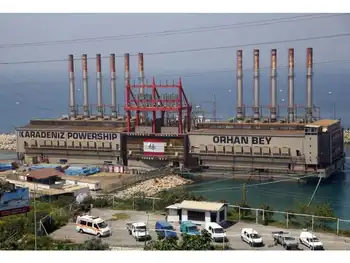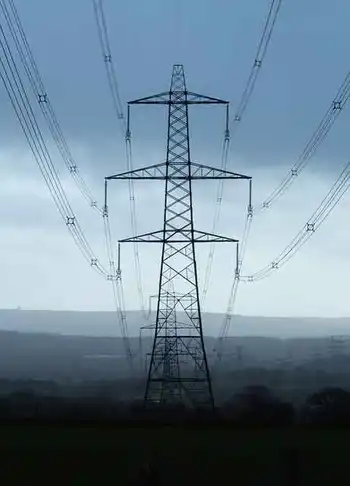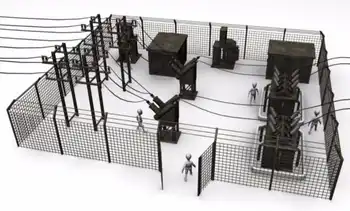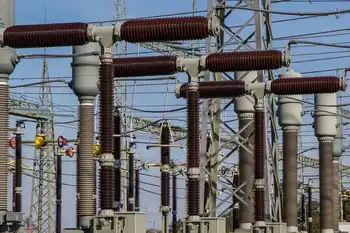EU agrees to phase out incandescent bulbs by 2012
BRUSSELS, BELGIUM - European Union nations agreed to phase out sales of standard light bulbs by 2012 as part of their efforts to save energy and reduce global warming.
The EU says the switch to low-energy light bulbs will reduce carbon dioxide emissions by 13.2 million tons a year. It claims the energy saved will be the equivalent to the entire electricity consumption of Romania or the output of 10 power stations.
After approval by the European Parliament, EU officials hope the phase out of traditional bulbs will begin in March 2009.
After its adoption, consumers will be able to chose between long-life fluorescent lamps or halogen laps. The EU say they will being energy savings of 25 percent to 75 percent compared to traditional incandescent bulbs.
The EU says the measure will save households up to $64 a year and pump up to $13 billion into the economy.
"European homes will keep the same quality of lighting, while saving energy, CO2 and money," Energy Commissioner Andris Piebalgs said.
The measure is part of a series of energy-saving measures planned by the EU to cut emissions of greenhouse gases blamed for global warming and reduce energy expenditure.
Several nations including Australia, New Zealand, Canada and the Philippines have already announced they will phase out or restrict sales of traditional bulbs.
The incandescent bulb, which is little changed since Thomas Edison invented it, uses more power than energy-saving fluorescent light bulbs and halogen lamps.
Related News
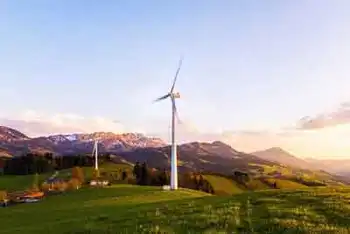
UK must start construction of large-scale storage or fail to meet net zero targets.
LONDON - The U.K. government must kick-start the construction of large-scale hydrogen storage facilities if it is to meet its pledge that all electricity will come from low carbon sources by 2035 and reach legally binding net zero targets by 2050, according to a report by the Royal Society.
The report, "Large-scale electricity storage," published Sep. 8, examines a wide variety of ways to store surplus wind and solar generated electricity—including green hydrogen, advanced compressed air energy storage (ACAES), ammonia, and heat—which will be needed when Great Britain's supply is dominated by volatile wind and solar power.
It concludes that large scale…

